NRL
Never felt anything like it
In 2008 I had a bit of a lightbulb moment. At the official opening of the Rugby League World Cup in Sydney, we played a “Welcome to Country” exhibition game between an Indigenous side and a New Zealand Maori side as a curtain-raiser to the opening match.
I was lucky enough to captain the Indigenous team and we won, but the scoreline was not important.
What I remember is the feeling of pride. I had never felt anything like it on a sporting field, and after the game I kind of wondered why it felt that way.
Don’t get me wrong. I appreciate every single opportunity I got in rugby league. I played for four clubs – the Gold Coast Chargers (1998), Cronulla Sharks (1999-2002), Penrith Panthers (2003-2006) and Gold Coast Titans (2007-2011) – and each club gave me so much. I have always been so grateful for everything the game has given me.
But this was a different sort of connection, a connection more like family. It was overwhelming for many of the players, not just me. They never thought they’d witness anything like that. Back in 2009 when I started to form the concept of the All Stars game, it was just about getting that feeling back.
And here we are 10 years on, feeling that feeling stronger than ever.

A game changer
So many things have grown from the All Stars game. But if there’s one thing I’m most proud of, it’s the way the NRL and public have embraced the concept. We’ve brought cultures together and I’m so happy that people see value in what the All Stars game means.
When I was growing up, one of the things I wanted to be was a school teacher. I think I almost am one now! Guiding people in life is exactly what teachers do and it’s very satisfying to have done so much community work through the NRL and the Preston Campbell Foundation since retiring from the NRL in 2011.
It’s great to be able to educate the younger generation about Aboriginal and Torres Strait Islander culture in Australia, to make young people proud of who they are, and to bring across a narrative that is positive and beneficial.
Being aware of your identity is one of the most important things in life. If you struggle with your identity, you’re going to struggle with a lot of other things too. I take a lot of pride in helping young people gain confidence in who they are, and becoming able to work out what they want to do or be so they can pursue that dream.
Like footy, you have your wins and your tough days in community work, but you learn from those. Being able to take a lesson from everything is one of the things I learned from rugby league.
Another thing I learned from footy is how important it is to gain knowledge. I wasn’t a bad student back in my school days, but it wasn’t until I started to play footy that I began to appreciate how important education is.
That’s one of the big reasons why I went into community work, and I think the NRL’s School to Work program is an example of a really successful program. It shows young people that there are options in life.

Turning negatives into positives
You still hear a lot of negative things about Indigenous Australians. There’s so much talk about issues like the gap in education and the rate of Indigenous incarceration, and we don’t talk about or celebrate the good things in our community enough.
The great thing about the All Stars game is it celebrates who we are and the positive things we’ve been doing. For example, 11-12 per cent of NRL current are Indigenous. When you consider that we’re around two per cent of the total population of Australia, it’s a very positive representation.
I think attitudes towards Indigenous Australians are changing overall. While there is still racism out there, when something comes up these days, people are in support of the players.
There was a big difference between what I saw with Adam Goodes in the AFL and the Latrell Mitchell scenario last year when he received hateful abuse on social media. While so many people in the AFL community supported Goodes, I think Adam at times didn’t feel like the AFL supported him. But the NRL backed Latrell and fans did too.
We know racism is still out there, whether it’s directed at the colour of a player’s skin or their ethnic background. But what we lacked in the past was support from each other. Now there’s been a shift and we’ve got non-Indigenous people supporting players.
I think the issue of the national anthem boycott before State of Origin last year was a perfect example. Obviously, this is a conversation the whole nation needs to have, but what the boys wanted people to know is that the anthem didn’t represent them, and the NRL understood that and supported them.
It’s a pretty big deal when people from a non-Indigenous background can support your cause.
You want to be proud of singing your national song, but when you know it blatantly leaves out people from Indigenous and other ethnic backgrounds, it’s really hard to sing a song like that.
More about: Adam Goodes | Indigenous Australians | Latrell Mitchell | Racism | State of Origin
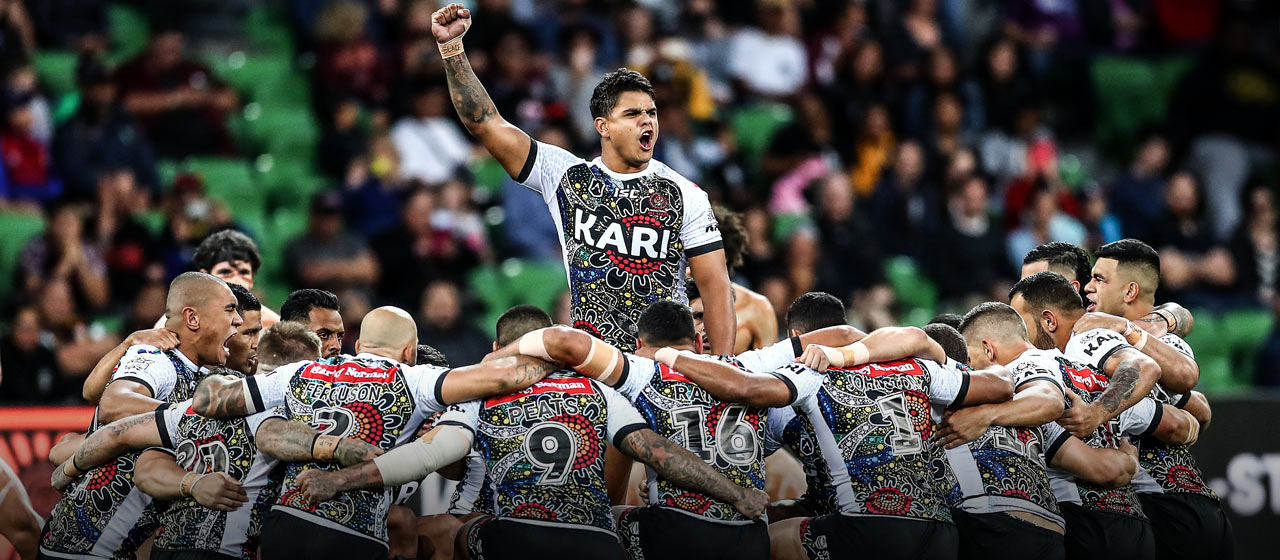
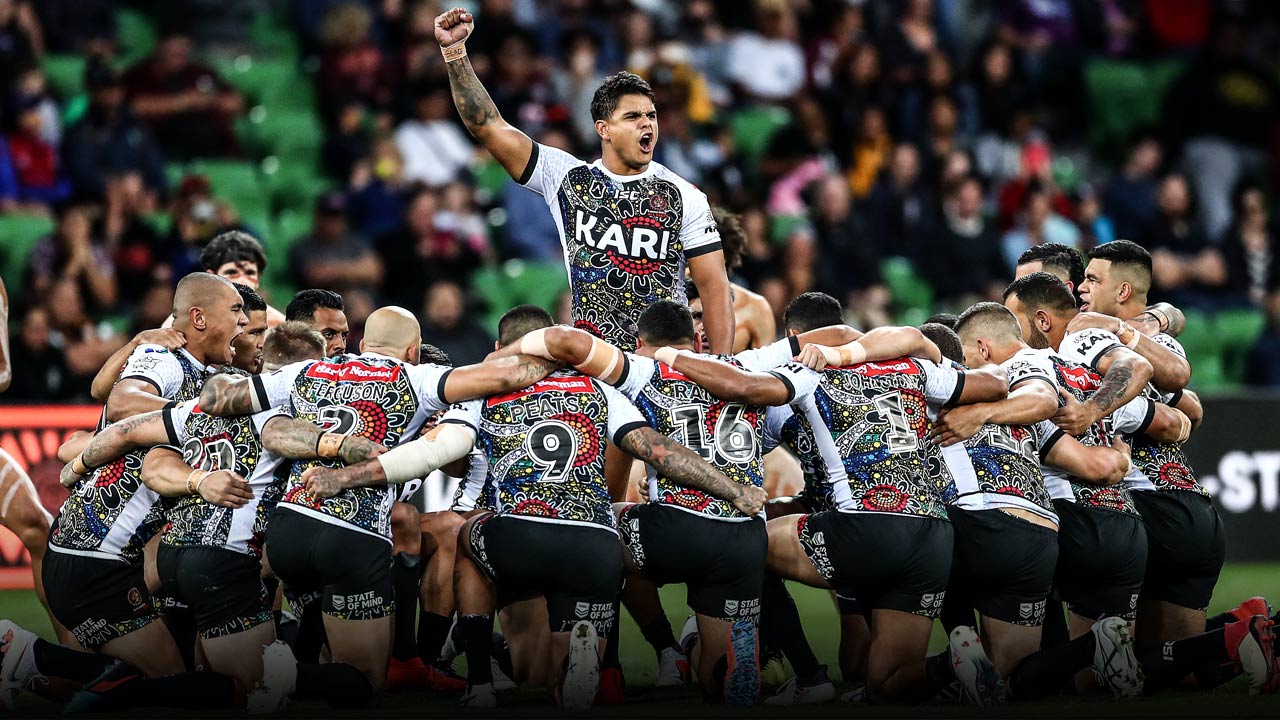

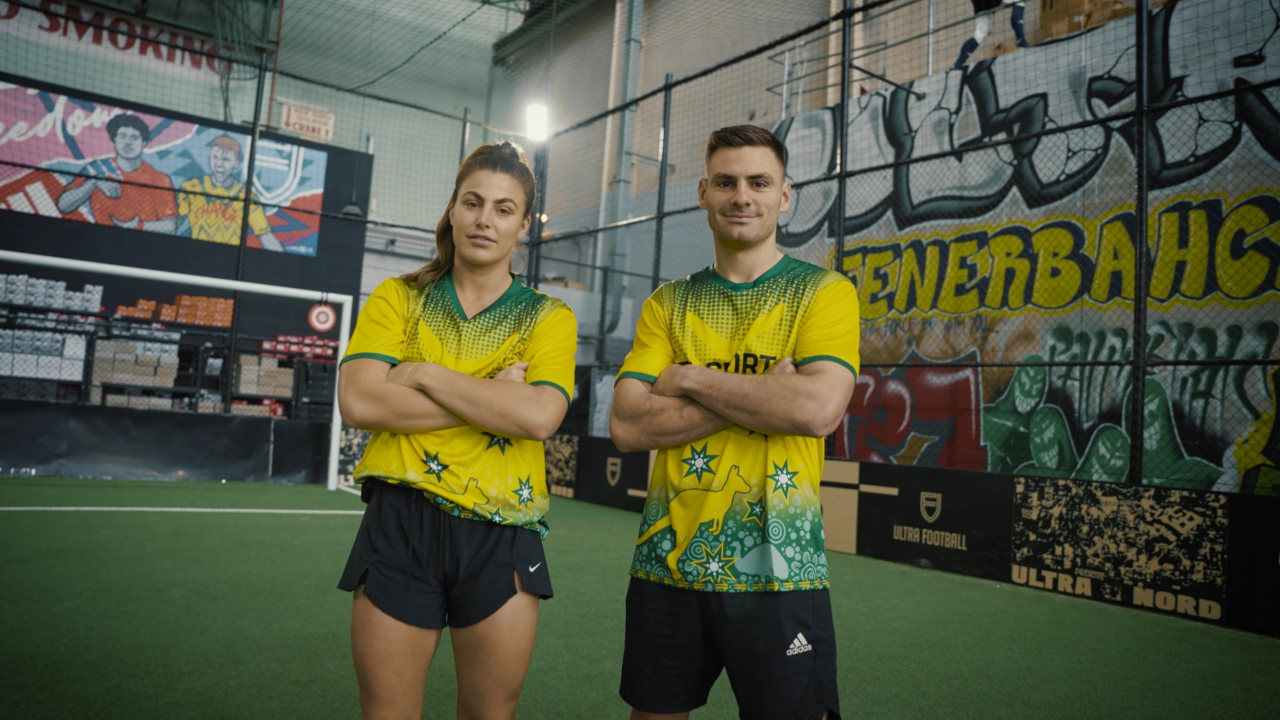
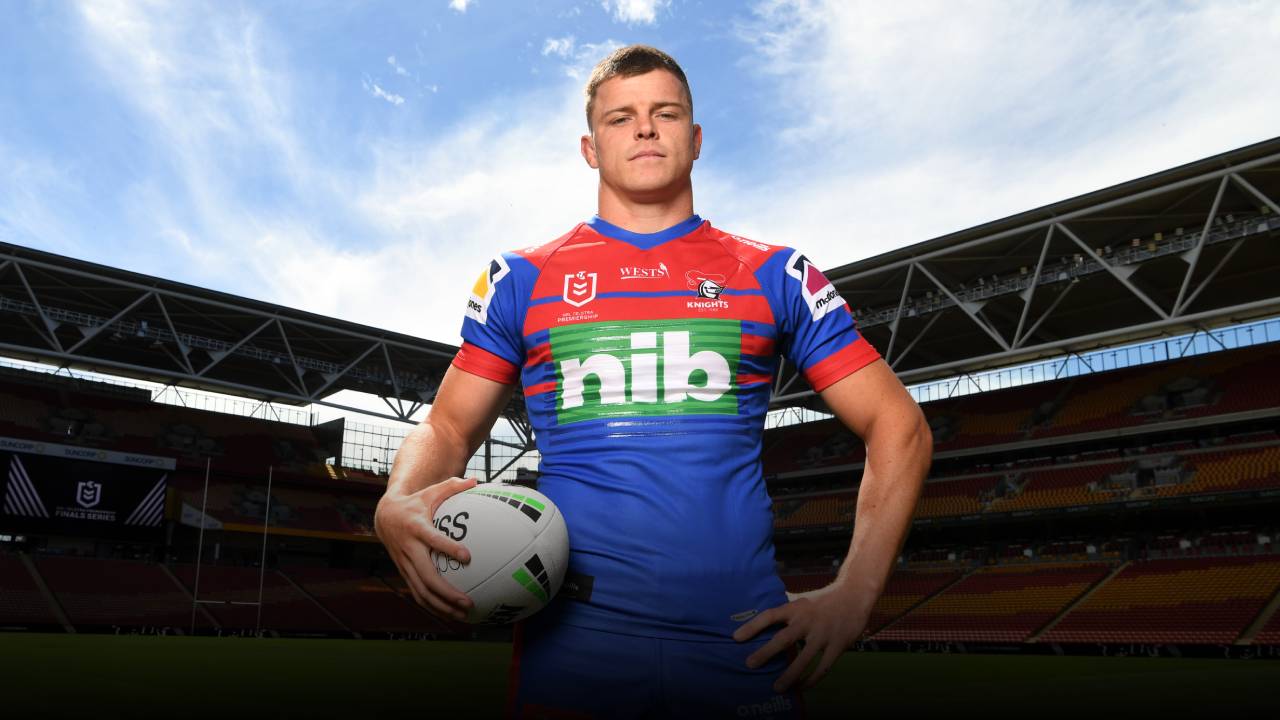
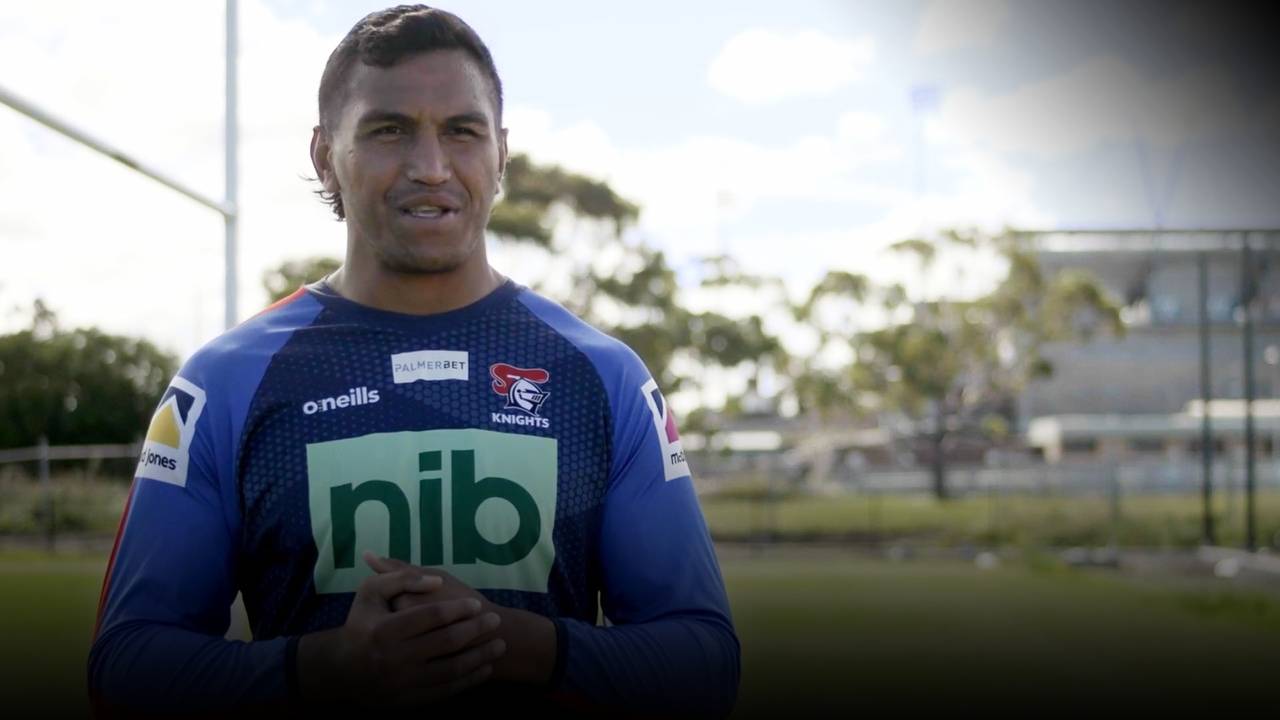
 Load More
Load More